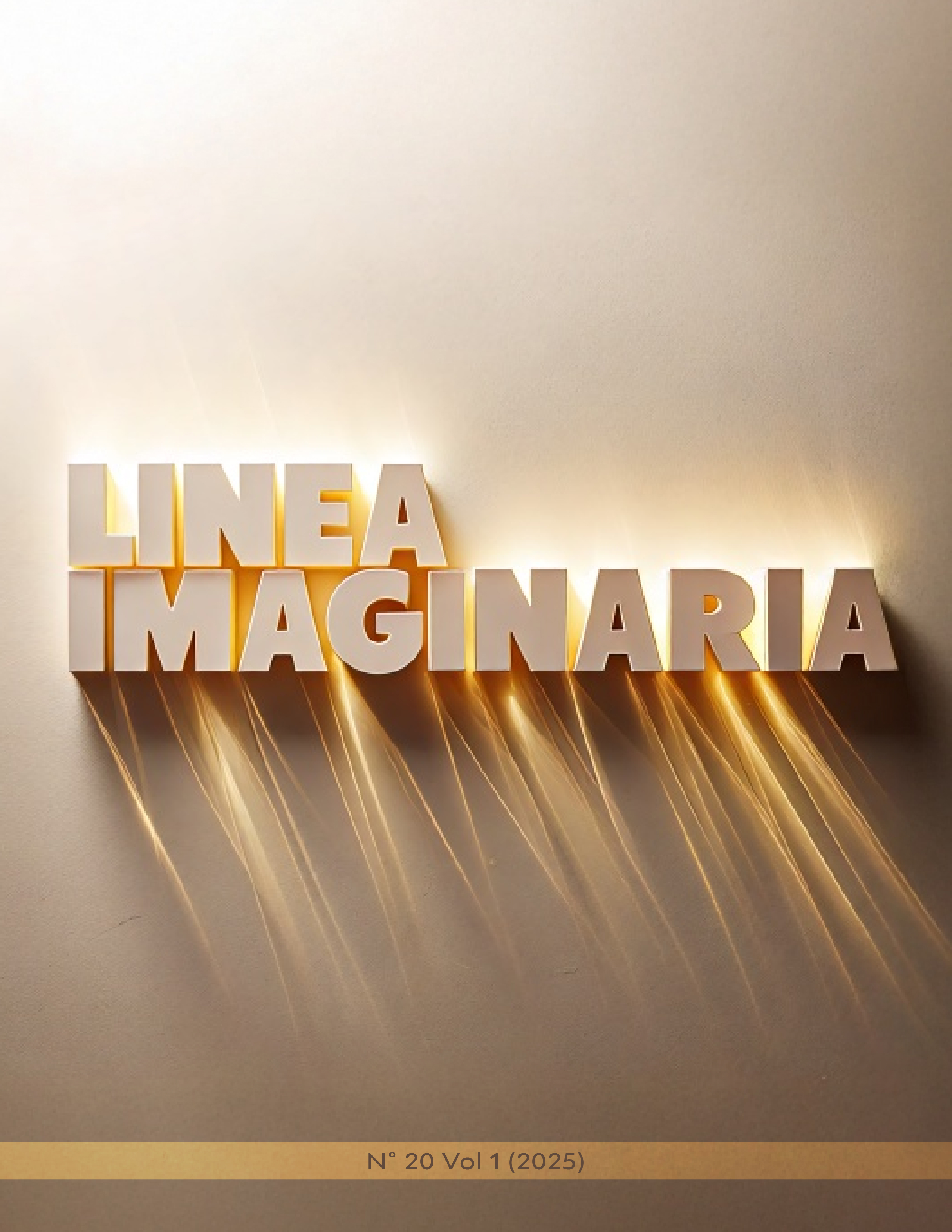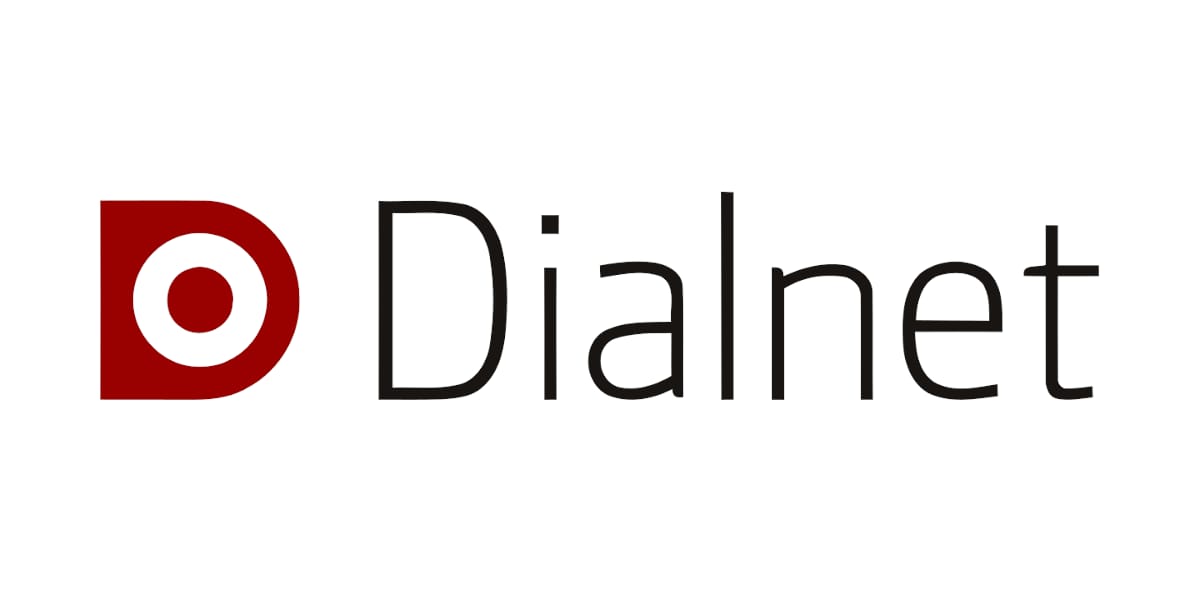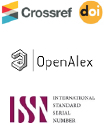THEORETICAL APPROACH ON THE ROLE OF THE TEACHER IN THE NEW TEACHING SCENARIOS MEDIATE BY TECHNOLOGICAL TOOLS IN SECONDARY EDUCATION.
DOI:
https://doi.org/10.56219/lneaimaginaria.v1i20.3724Keywords:
teacher´s role, new teaching scenarios, technology tools, innovative processesAbstract
The today´s teachers are called upon to refocus their work in search of being managers, promoters of new learning situations, to be dynamic, to strengthen teaching processes that contribute to the student´s life. Sharing knowledge in search of contributing to the educational and formation of innovative processes in today´s society. Evolve in the way of thinking. This is how the research problem is generated, which leads to the following object of study the following object of study: General objective: To generate a theoretical approach on the role of the teacher and it’s the new teaching scenarios mediated by technological tools “ICT and TAC” in secondary education at the Braulio Gonzalez Educational Institution in Yopal-Casanre. The methodological approach was carried out through a qualitative approach, interpretative paradigm, under the hermeneutic phenomenological method. The research scenario is comprised by the Braulio Gonzalez Educational Institution, central headquarters. The which I serve as study environment, to collect the information from the social knowledge and perceptions of the students. Knowledge and perceptions of the informants. As a main result is a theoretical approach where it is shown that the role of a transformation, a new approach in their pedagogical work, with the aim of pedagogical work, to a promoter of new teaching-learning situations. Where their contribution to the educational processes becomes more relevant in the lives of students.
Downloads
References
Barroso Osuna, J, y Cabero Almenara, J. (2013). Nuevos escenarios digitales (Las tecnologías de la información y la comunicación aplicadas a la formación y desarrollo curricular). Ediciones Pirámide.
Carneiro, R., Toscano, J. C., y Diaz, T. (2021). Los desafíos de las TIC para el cambio educativo [Libro en línea]. Fundación Santillana Disponible: http://oei.es/uploads/filess/microsites/28/140/lastic2.pdf [Consulta: agosto 2022].
Hernández, R., Fernández, C. y Baptista, P. (2014). Metodología de la investigación. México D.F: Mc Graw Hill.
Hurtado de Barrera, J. (2012). Metodología de la investigación (Guía para una comprensión Holística de la ciencia). Bogotá- Caracas.
López Granados, N. I. (2025). Más allá del aula, una visión del docente del siglo XXI. Divulgare Boletín científico de la escuela superior de Actopan [Revista en línea], 12. Disponible: https://repository.uaeh.edu.mx/revistas/index.php/ divulgare/article/view/12981 [Consulta: 2025, Marzo 28] DOI: https://doi.org/10.29057/esa.v12i23.12981
Martínez Miguélez, M. (2004). Ciencia y Arte en la Metodología Cualitativa. México, D. F. Editorial Trillas. S. A. de C. V.
Melo Hernández, M. E. (2018). La Integración De Las Tic Como Vía Para Optimizar El Proceso De Enseñanza-Aprendizaje En La Educación Superior En Colombia [Tesis en línea]. Tesis Doctoral Universidad de Alicante Disponible:http://www.file:///C:/Users/Jorge/Desktop/Doctorado/tesis_myriam_melo_hernandez.pdf [Consulta: marzo 2021]
UNESCO, División de Educación Superior. (2005). Las Tecnologías de la información y la comunicación en la enseñanza: Manual para docentes o Cómo crear nuevos entornos de aprendizaje por medio del as TIC [Libro en línea]. Disponible: https://unesdoc.unesco.org/ark:/48223/pf0000139028_spa.pdf.multi [Consulta: 2022, octubre 15].
UNESCO. (2019). Marco de competencias de los docentes en materia de TIC UNESCO. [Libro en línea]. Disponible: https://unesdoc.unesco.org/ark:/48223/pf000037 1024/PDF/371024spa.pdf.multi [Consulta: 2024, septiembre 10].
UNESCO (2022). Reimaginar juntos nuestros futuros. Un nuevo contrato social para la educación. [Libro en línea]. UNESDOC Disponible: https://unesco.org/ark:/48223/pf0000381560 [Consulta: octubre 2022]. DOI: https://doi.org/10.22201/iisue.24486167e.2022.177.61072
UNESCO. (2024). Tecnología en la educación: ¿UNA HERRAMIENTA EN LOS TÉRMINOS DE QUIÉN? Informe de seguimiento de la educación en el mundo. [Libro en línea]. Disponible: https://unesdoc.unesco.org/ark:/48223/pf0000 388894/PDF/388894/PDF/388894spa.pdf.multi [Consulta: 2024, septiembre 15].
UNESCO. (2024). Docentes y tecnología. [Documento en línea]. Disponible: http://unesdoc.unesco.org/ark:/48223/pf0000387203_spa/PDF/387203spa.pdf.multi [Consulta: 2024, septiembre 25]
Downloads
Published
How to Cite
Issue
Section
License
Copyright (c) 2025 LÍNEA IMAGINARIA

This work is licensed under a Creative Commons Attribution-NonCommercial-ShareAlike 4.0 International License.
La revista Línea Imaginaria conserva los derechos patrimoniales (copyright) de las obras publicadas, que favorece y permite la reutilización de los mismos bajo la licencia Creative Commons Atribución-NoComercial-CompartirIgual 4.0 , por lo cual se pueden copiar, usar, difundir, transmitir y exponer públicamente, siempre que se cite la autoría y fuente original de su publicación (revista, editorial, URL y DOI de la obra), no se usen para fines comerciales u onerosos y se mencione la existencia y especificaciones de esta licencia de uso. Si remezcla, transforma o crea a partir del material, debe distribuir su contribución bajo la misma licencia del original.















